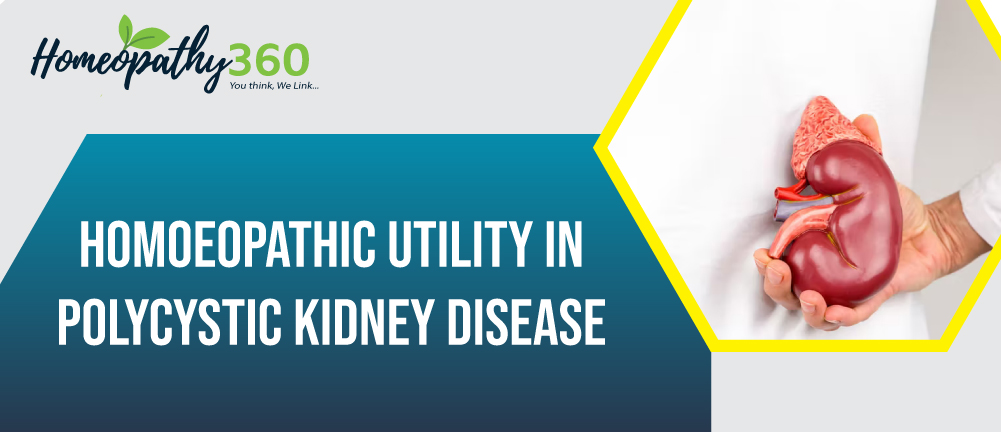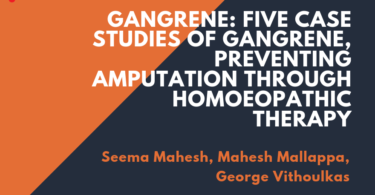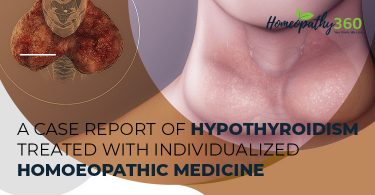
Polycystic kidney disease (PCKD)
• Definition:
Polycystic disease of the kidney is a disorder in which major portion of the renal parenchyma is converted into cysts of varying size.
• Types:
1. An ADULT, type inherited as an autosomal dominant disease
2. An INFANTILE, type inherited as an autosomal recessive disorder
• Pathophysiology:
Polycystic kidney disease (PCKD) is a genetical or acquired disorder characterized by progressive distention of multiple tubular segment and growth of non neoplastic epithelial cells and remodelling of the extracellular matrix resulting ultimately in some degree of the RENAL function.
• Cause:
1. Inherited from a parent (mother) or from both parents.
2. Abnormal genes that produce a specific abnormal protein.
• Clinical features:
I. Haematuria
II. Abdominal pain
III. Lower back pain
IV. Nephrolithiasis
• Investigation:
1. Ultrasound
2. CT and MRI scan
To check for kidney abnormalities.
• HOMEOPATHIC REMEDY:
1. Aconite nap: in acute cases with the high fever and hot and dry skin; restlessness; constant burning pain in bladder; urination painful and difficult. children cry out and grasp genitalia with hand.
Modalities:
Agg. – Evening and at night, pains are unsupportable; in a warm room; when rising from bed; lying or painful or affected side.
Ameli. – in open air.
2. Apis mellifica: has cured good many causes more frequently in women than the male; urine scanty; opaque and bloody.
Modalities:
Agg. – after sleep, closed, warm and heated room; from getting wet, touch, pressure, late in afternoon, 3 PM, right side.
Ameli. – in open air, uncovering, cold bathing, pains by coughing, walking or changing position, when sitting erect.
3. Cantharis: intolerable burning pain in bladder; spasmodic pain along with urethra and perineum, extending to testes, which are drawn up burning in gland, orifice red; urination difficult, passed by drops, acute infectious disease. Modalities:
Agg. – From touch, urination, drinking cold water or coffee.
Ameli. – By rubbing
4. Arsenic album: in indication of extremely restlessness. He is not drowsy and comatose.
Modalities:
Agg. – periodically after mid-day and mid night 12-2 am / pm, cold food and drinks, exertion, lying on affected side with head low.
Ameli. – from heat in general (except head, which is temporarily relived by cold), hot drinks, Hot application, motion, elevating the head, company and rest.
5. Cannabis ind.: burning, scalding before, during and after urination dribbling, urging and straining but cannot pass a drop.
Modalities:
Agg. – morning, from coffee, liquor, and tobacco, Lying on right side.
Ameli. – from fresh air, cold water, rest.
6. Ruta: incontinence of urine at night or frequent urination during the day and if she cannot attend, it seems to paralyse the bladder. the patient had mental symptoms several days before disease, slowness of thought and conception.
Modalities:
Agg. – touch, rest, stopping, sitting, ascending, at night, cold weather, while reading and during menses.
Ameli. – lying on back, rubbing, motion, scratching.
7. Plumbum met.: retention of urine for two days cured in a lady who is also unconscious. catheter showed no urine in the bladder. the patient had mental symptoms several days before the disease, slowness of thought and conception. Modalities:
Agg. – at night and from motion.
Ameli. – by rubbing, hard pressure and physical exertion.





